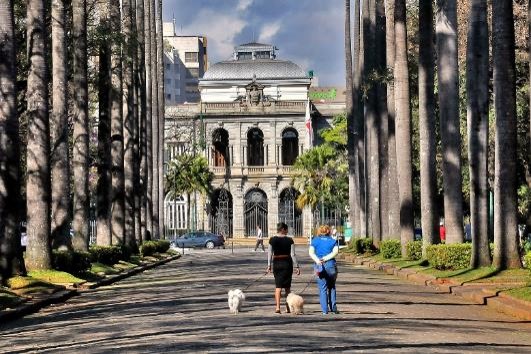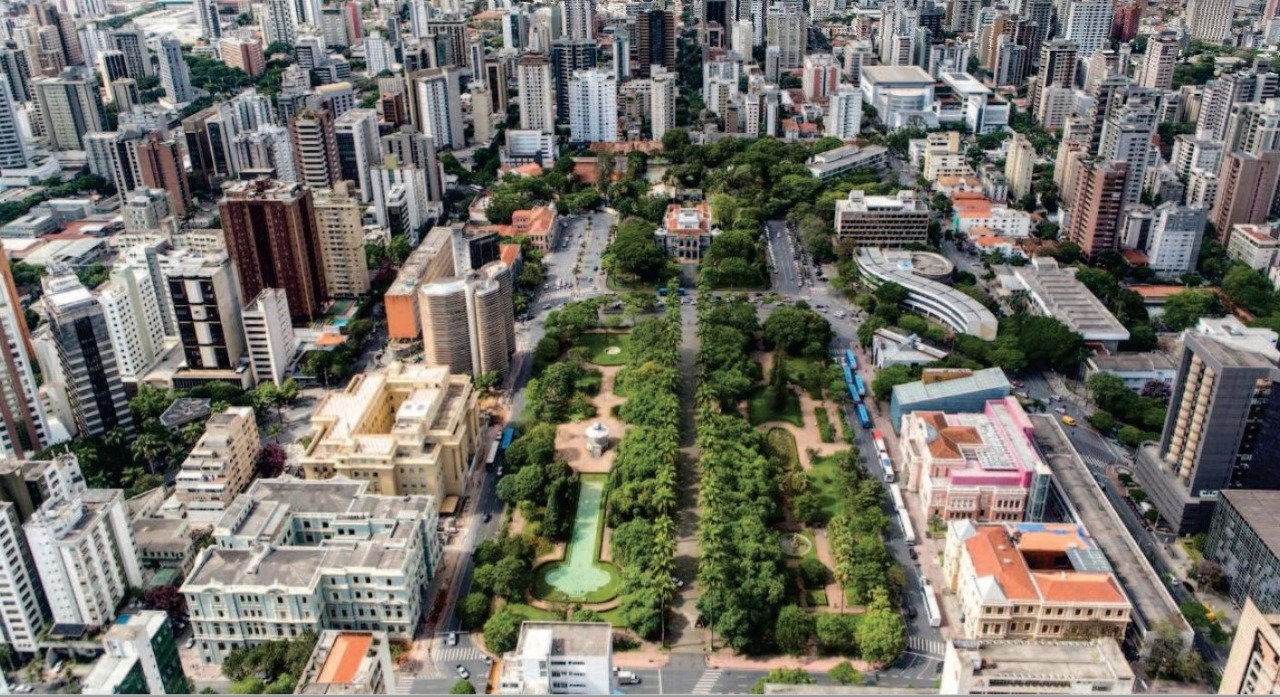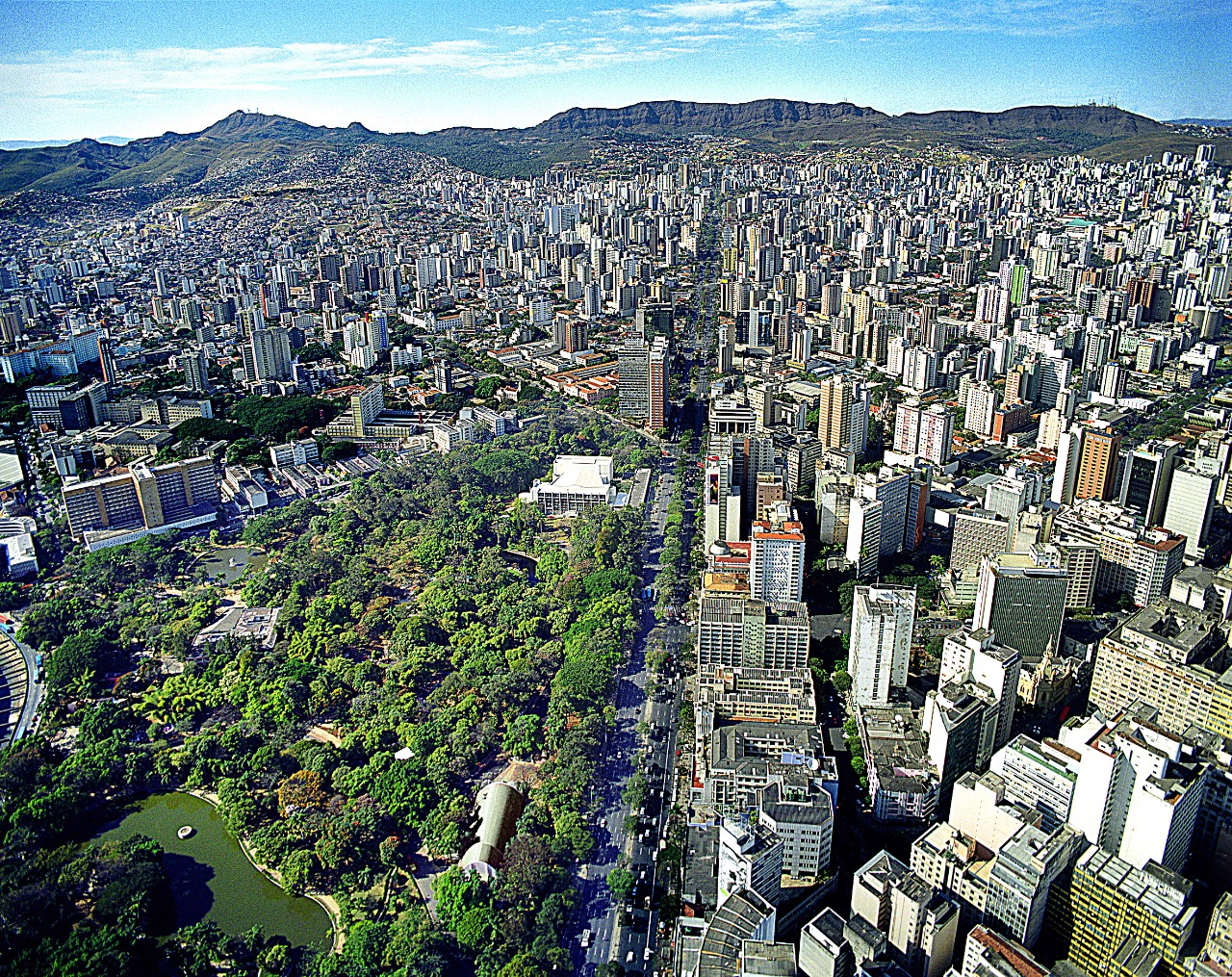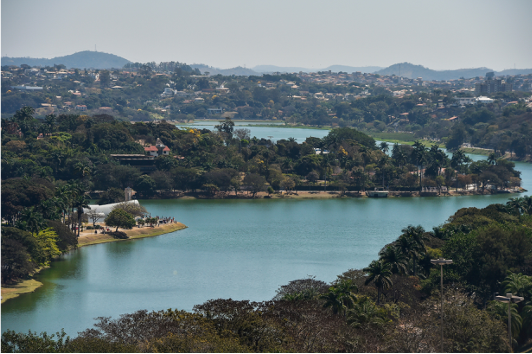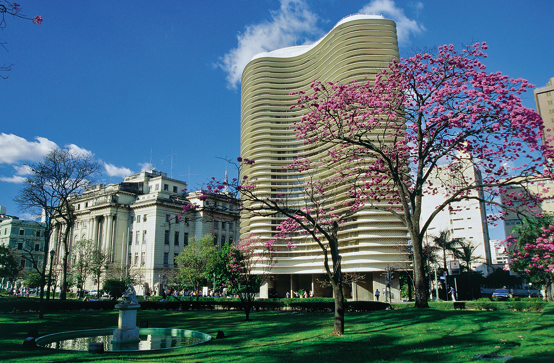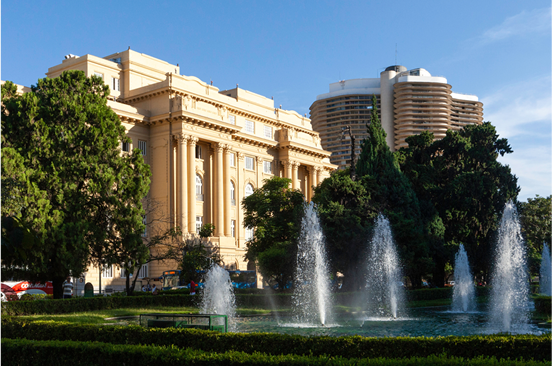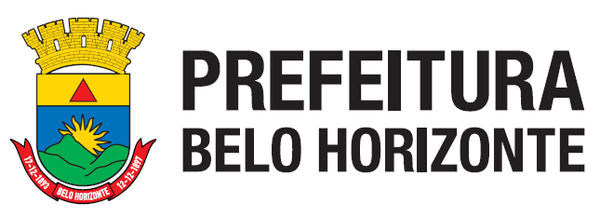The Horizon 2030 will be implemented in 4 stages:
- planning the means for implementation;
- initial awareness and mobilization;
- localization of global development milestones in the municipality;
- evaluation of results and proposals for referrals;
Phase 1: planning the means for implementation
Actions will be identified and aimed at municipal managers and other relevant local actors from civil society, the private sector and academia. These actions will be applied at a later time in order to ascertain the degree of adoption of the concepts related to global development milestones in the municipality. In addition to identifying the main challenges for the localization process. A timetable for rolling out these actions will be completed.
Phase 2: initial awareness and mobilization
The activities of the second stage will focus on mobilizing and educating the public administration staff on the importance of incorporating the goals, principles and objectives of the GDMs into the functional and institutional structure of the municipality, as well as on the relevance of the role of cities in the context of sustainability. Initial engagement will be boosted by holding meetings with relevant local actors that have been identified. Then, the actions related to Belo Horizonte City Hall managers will be applied and the data obtained will be consolidated. The communication strategy for the Horizon 2030 will be completed, and training will be organized to provide institutional capacity for the adoption of public policies in line with global development milestones. This includes the completion of the methodologies and materials that will be used, the training calendar and identifying the institutions and bodies that will provide the training.
Phase 3: localization of global development milestones in the municipality
The third phase will initially consist of applying the actions to the relevant local actors. After consolidating the data obtained, this step will aim to build institutional capacity for Belo Horizonte City Hall to adopt practices aligned with the international development agendas in the municipality. Thematic training of municipal civil servants by results area of the MDGs will be organized offering seminars with national and international experts alongside workshops for the development of specific work plans. The training will also focus on preparing technicians and municipal managers to share knowledge within the public administration that will trigger dialogue and debate at the municipal level.
In parallel, discussions will be held with local actors. Within the education sector, topics of discussion will be identified for student and teacher training workshops. In relation to civil society and the private sector, workshops and activities will be promoted to generate appropriation of the concepts related to the GDMs. In addition, co-financing possibilities for the pilot projects proposed by PBH will be sought from the private sector. Possible partnerships with international organizations and foreign governments will be identified, in the form of technical and financial cooperation, and opportunities to access funds and awards. From the data collected so far, the partial results of the programme will be released.
Phase 4: evaluation of results and proposals for referrals
The last phase of the project will be devoted to the compilation of data. The analysis of results will allow proposals for referrals to be made, in order to adapt the methodology or for the continuation of the model. After a final evaluation, a report will be produced and disseminated at national and international levels. In addition, there will be the systematization and dissemination of good practices in Belo Horizonte in relation to GDMs.

